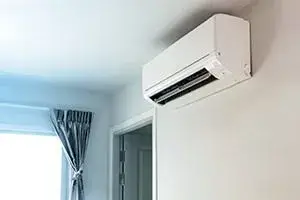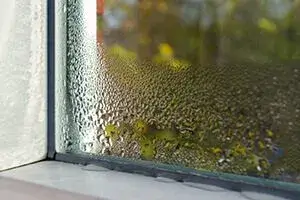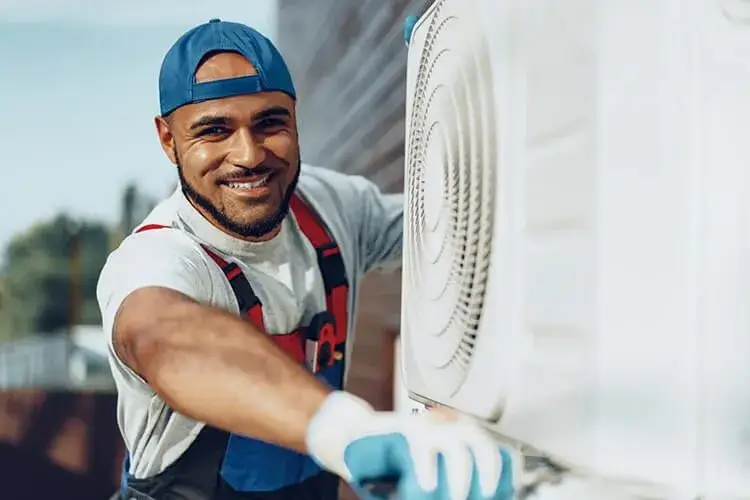 Everybody knows how bad the humidity gets in the Edwardsville, IL area during the summer. In those times when the air feels horrible, homeowners will use their air conditioner units to keep their homes feeling tolerable. You might have a couple of AC units or even an HVAC system. Following the size capacity limits of the room is the optimal way to get the most out of your window unit. When you have an air conditioning unit, you need to remember to keep it well kept ensuring it has a long useful life. One of the most important things to understand is your AC’s limitations when it comes to humid air.
Everybody knows how bad the humidity gets in the Edwardsville, IL area during the summer. In those times when the air feels horrible, homeowners will use their air conditioner units to keep their homes feeling tolerable. You might have a couple of AC units or even an HVAC system. Following the size capacity limits of the room is the optimal way to get the most out of your window unit. When you have an air conditioning unit, you need to remember to keep it well kept ensuring it has a long useful life. One of the most important things to understand is your AC’s limitations when it comes to humid air.
How Your Air Conditioner Functions
Central air conditioning units use an HVAC system that pulls the warm air out of your home. Split systems have a refrigerant that is circulated and condensed within your home. That process causes the creation of a liquid, which is transmitted with a cooling component. Once that is done a fan located indoors will move the air over the evaporator. That part has special fins that create energy used to remove heat and make vapor. Once all that is done, cool air is blown into your home. The outdoor unit then turns the vapor into a liquid which is expelled out of the unit as a low-pressure gas. Once the system sees that your home is cooled to the setting on the thermostat, it will stop running.Humidity’s Effect on Central AC Units
The processes done by your AC unit will remove humidity, making your home drier and cooler. Your unit will be working a lot harder and longer when it gets exceptionally hot and humid out. With enough stress on your AC unit, it will not be able to remove the moisture along with the cold. You may notice this if the air in your home feels damper than usual or your home is not as cool as it should be. Once you notice the signs of your AC unit not working correctly, you will need to find what is causing it to overwork. More than likely, the reason your AC unit is falling behind is that it needs to be fixed. AC units need to be examined by a professional at least once a year. A good time to have your AC unit looked at would be around the Spring before you need it in the Summer. If your AC unit is incorrectly sized for your home, you might notice that it never runs how it should. Having a unit that is too big or too small can have its own set of consequences that hold you back from just being able to make your home feel comfortable. Your AC unit may also be working poorly due to its age. As your unit gets older and wears out, it will have a harder time maintaining the temperature of your home in the Summer.


